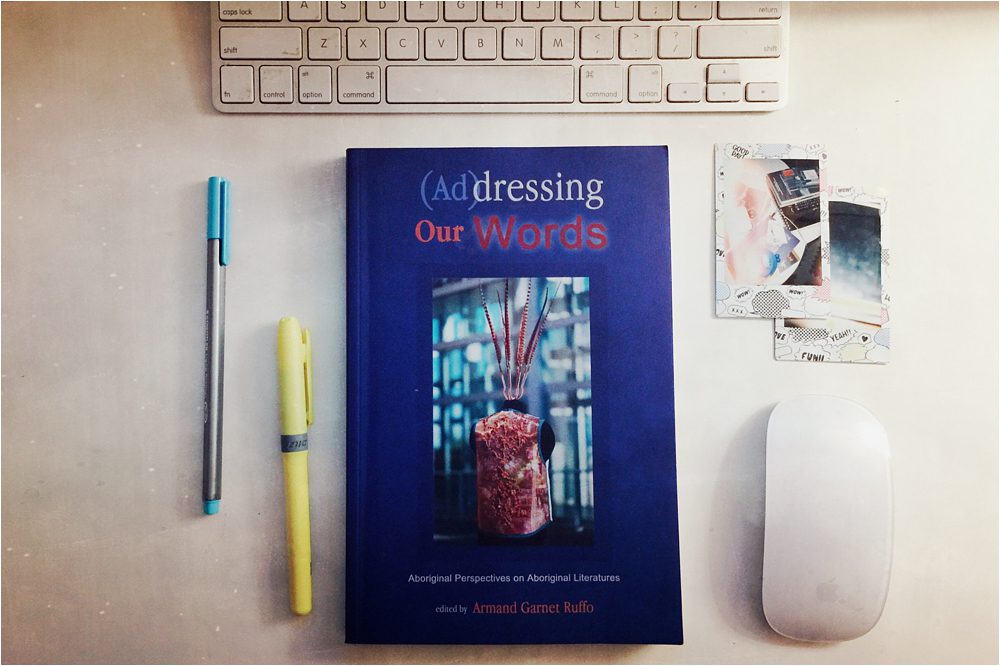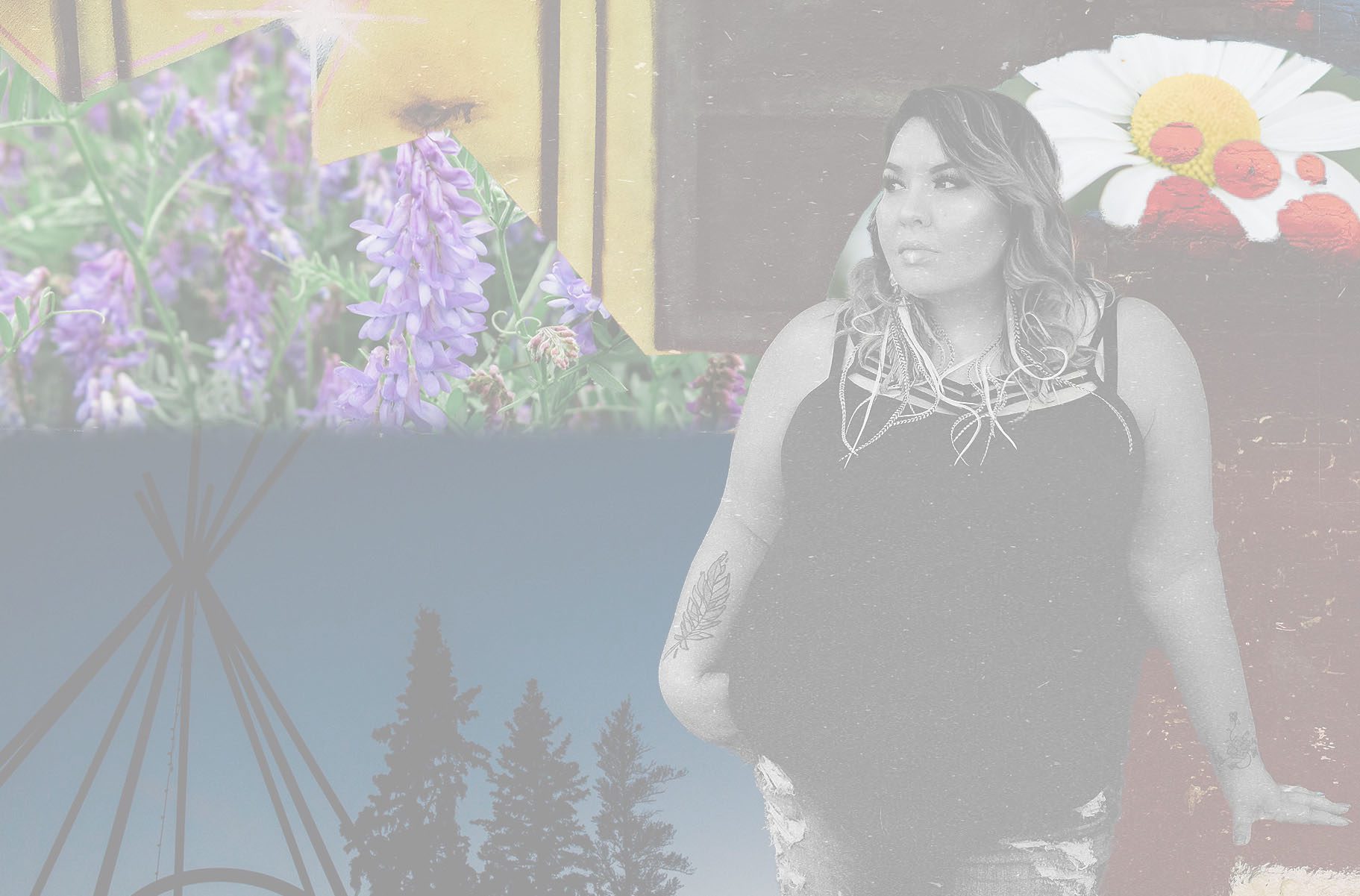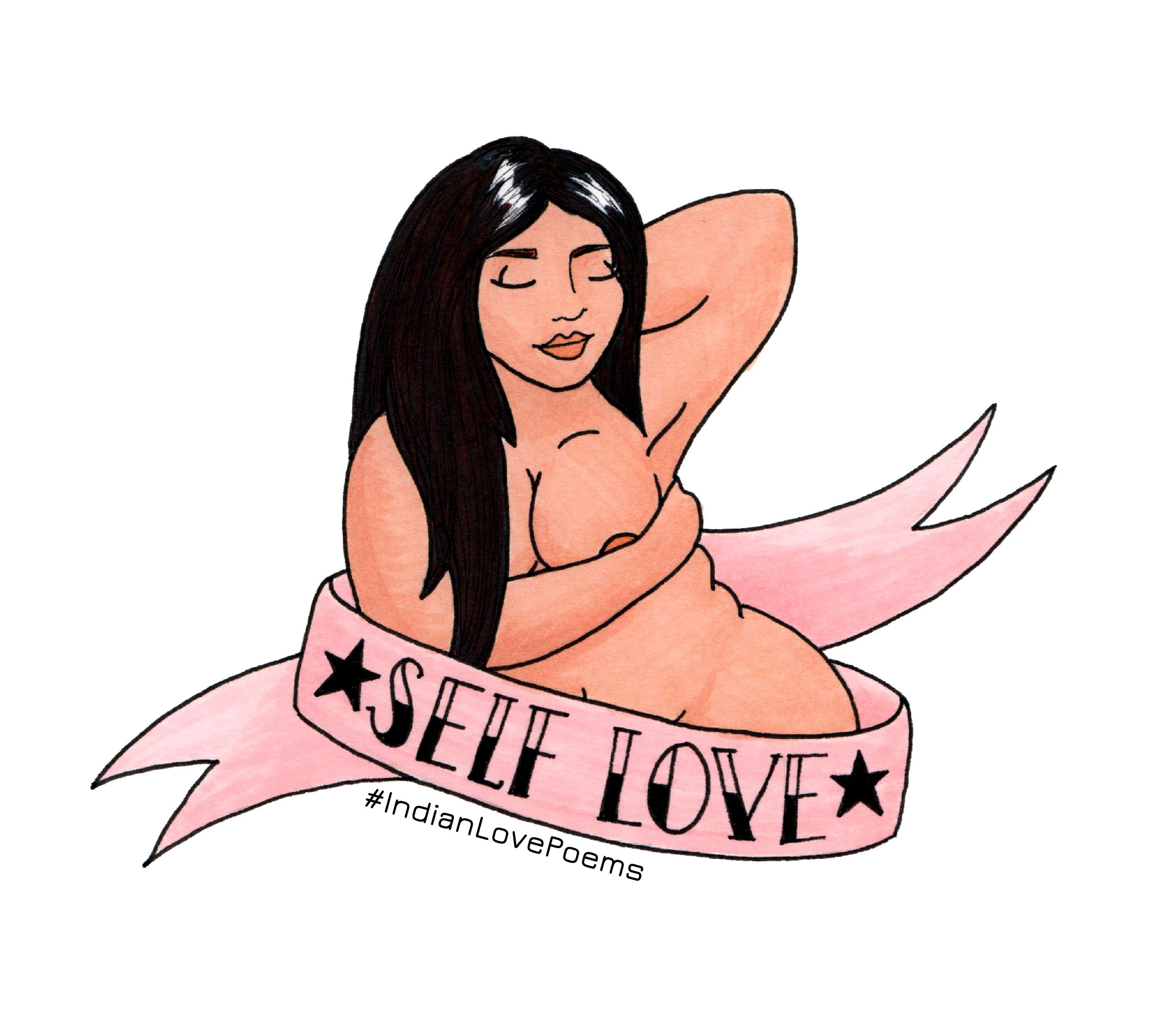
from the publisher: “This critical anthology of essays by Aboriginal academics provides an in-depth analysis of the emerging body of literature by Aboriginal authors. The contributors study the works of their peers with an insightful understanding of the significance of contemporary literature within Aboriginal cultural paradigms.This critical anthology of essays by Aboriginal academics provides an in-depth analysis of the emerging body of literature by Aboriginal authors.”
personal: I first read this back in 2004, when it was still relatively new. Over ten years later, I’m pleased to see it’s still a foundation book for Indigenous Literature. I liked how open this book was in exploring the different styles of expressing resistance in writing – from poetry, essay format, ‘spoken’ word, etc – and I did focus on Kateri’s essay about how her anthology came to be. I like how she brings in past writers that touched on this collection, as well as how she had fears about going forth, but did so anyway. The idea that we need our sexuality to be healthy again, this is still a relevant and ongoing discussion, which is both inspiring and sad, that we still need to deconstruct and decolonize this.
quotes:
- “it was determined that (Ad)dressing Our Words would feature writing by Aboriginal scholars and writers working in the expanding field of Aboriginal Literature” (5)
- “we discovered …. there has been no other collection of literary criticism solely by Aboriginal people, at least not here in Canada, although there have been a number about Aboriginal people” (6)
- “The Oral Tradition continues to influence contemporary Aboriginal literature profoundly and has led to the development of what Thomas King called “interfusional literature,” a stylistic and thematic hybrid of the oral and written, the past and present, the Aboriginal and Western” (7)
- “The contributors … position their work within the genre of ‘resistance’ writing in that they write from an Aboriginal perspective and address colonialism in all its guises – whether discussing tradition, identity, language, appropriation, assimilation, self-determination or sexuality” (8)
- “A person could reach puberty, live her entire adult life, go through menopause and still not have stumbled across a single erotic or poem or story by a First Nation writer” (143)
- “Indigenous erotica is political” (143)
- “To deny the erotic, to create an absence of erotica, is another weapon in the oppressor’s genocidal arsenal. When this part of us is dead, our future survival is in jeopardy” (145)
- “I was sickened by stereotypes of Indigenous women as promiscuous, drunken whores or sexless Mother Earth types. All of those stereotypes and images that make us less than the whole, complex, loving, sexual, spiritual beings we are” (146)
- “We need to see images of ourselves as healthy, whole people. People who love each other and who love ourselves. People who fall in love and out of love, who have lovers, who make love, who have sex. We need to create a healthy legacy for our peoples” (148)
- “To re-discover the erotic voice. To give voice to the erotic, the loving, the sexual, the repressed, the oppressed, the ‘dirty,’ outrageous, intimacies of womanhood and sexuality that had only been hinted at in my earlier work” (149)
- “By leaving it open so that we can create a canon together, for ourselves, is to allow our erotica to be free of those imposed boundaries. I call it erotica “without reservation”” (149)
- “In a way, it’s like sex, once you do it, it becomes a part of who you are. Just one more aspect of life, one more element of what you do” (151)
buy the book: (Ad)dressing Our Words


